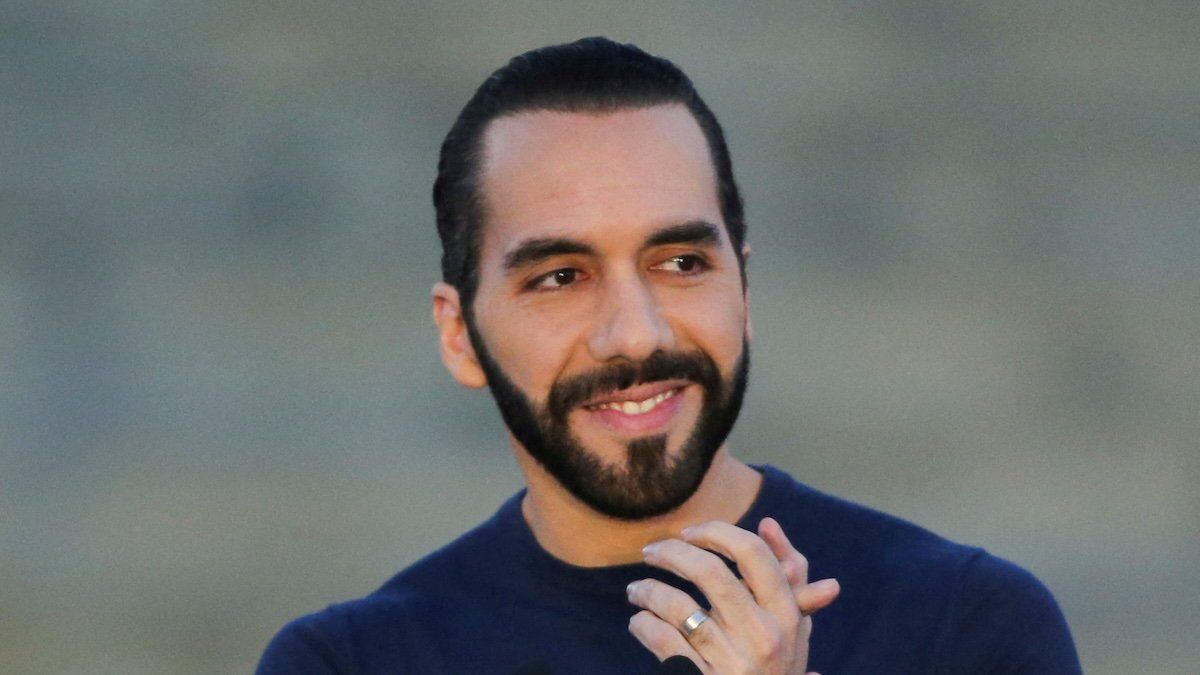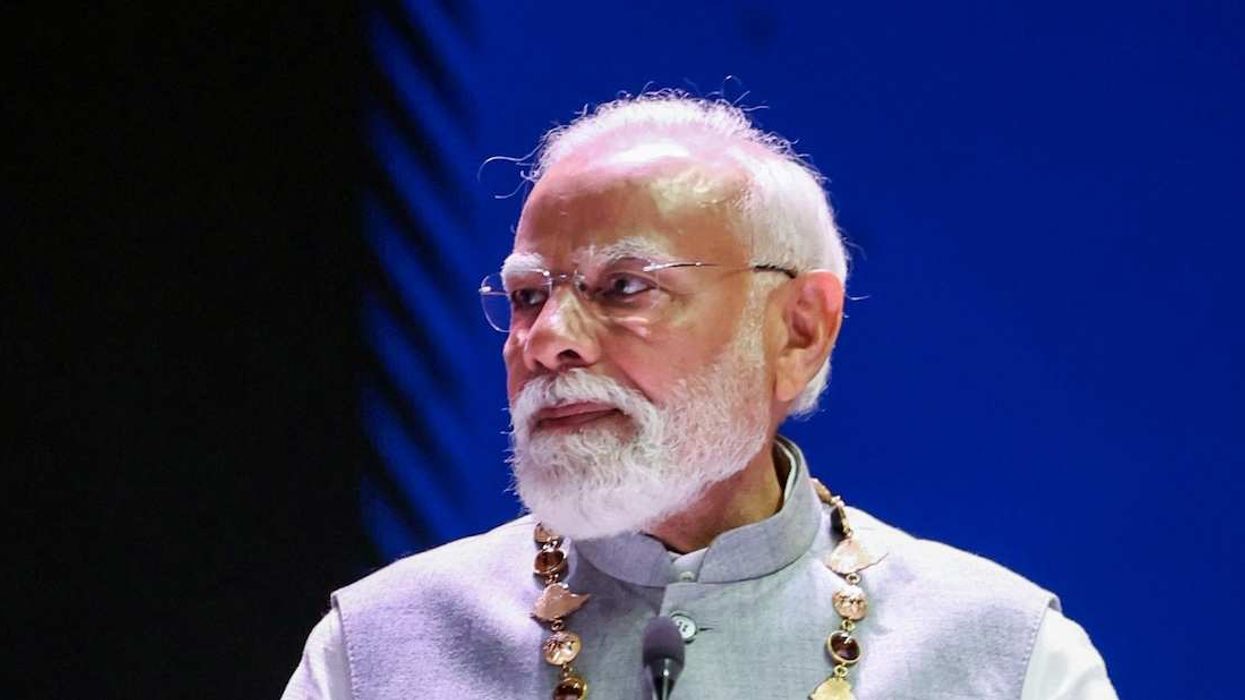You need three numbers to understand this Sunday’s presidential election in El Salvador.
The first is 2. Since taking office in 2019, President Nayib Bukele’s sweeping anti-gang crackdown has resulted in the incarceration of 2% of the country’s adult population. In US terms, that’s the equivalent of throwing 5 million people in jail.
The second is 90. The official homicide rate has fallen more than 90% since 2015, including roughly 75% since Bukele took office.
The third is 71. Polls show Bukele leading his nearest competitor by 71 points. He will cruise to victory in a free and fair election.
The meaning of this math: Bukele has been criticized by human rights groups for thousands of abuses. He has used the military to strong-arm congress and twisted the constitution to run for a second term. But ordinary Salvadorans are OK with it because their cities are liveable again after years when the country was one of the bloodiest in the world.
It may be that his strongman tactics are planting the seeds for future upheavals. But for now, Bukele is seen – not only at home but by other right-wingers in the Americas – as the Salvador (savior) of El Salvador.



















